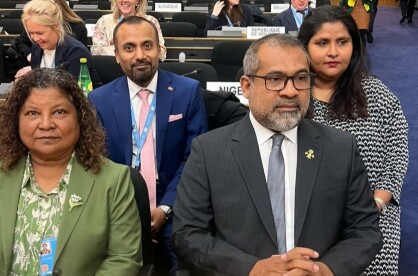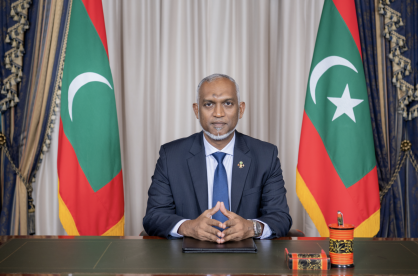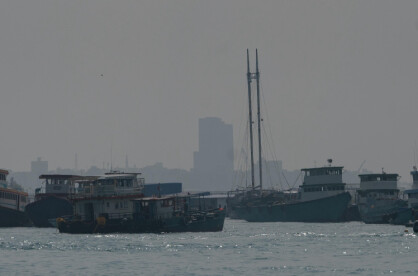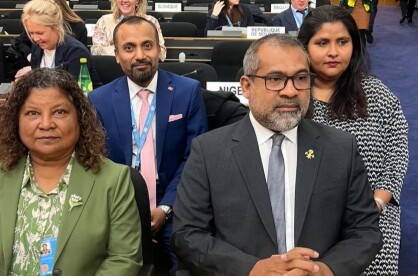2024 has been marked as the year that the Maldives started taking some major steps towards creating a healthier society by moving away from the normalisation of smoking tobacco and the usage of vaping devices in society. The Maldives has always had a society that partook in one form of smoking - whether it was the old age traditions of ‘gudugudaa’ or smoking cigarettes or even the updated version of carrying around several flavours of vapes - it appears that throughout the years smoking has been a consistent habit present in the Maldivian society.
Although some forms of smoking were seen as traditional habits, the negative effects of smoking have started showing up in Maldivian society with increased cases of lung conditions as well as an increase in cancer rates. According to the International Agency for Research on Cancer (IARC)/WHO Global Cancer Observatory estimates, Maldives had about 496 new cancer cases and 264 deaths in 2020 - with a high percentage of it also being directly linked to bad health choices such as poor eating habits and the smoking culture that is dominant within the Maldivian society. Research from the World Health Organisation (WHO) further states that a third of all cancers could be prevented through control of risk factors such as tobacco smoking, chewing of areca nuts with or without tobacco, unhealthy diet, and physical inactivity.
Over the years, Maldives has seen an increase in taxes and prices of tobacco as a way to discourage smoking. This, however, has proved not to be useful as the purchase and use of cigarettes have not decreased over the years. As the smoking culture continued to persist, the Maldives even saw the introduction of e-cigarettes and vapes - which added another layer of harmful substances to the mix as lung conditions or ‘popcorn lungs’ appear to be a side effect of vaping. In 2024, the administration led by President Dr Mohamed Muizzu took a major step towards banning these harmful products by implementing a ban on vape and vape-related products and increasing the import duty of tobacco - raising the price of tobacco in the Maldives by more than double the price.
Although these measures may further push people to give up smoking or using vapes, the Government is working on providing additional resources for people who have been trying to stop smoking. While each person can acknowledge the harm of smoking, it is no secret that addiction is a struggle that is extremely difficult to overcome. Since the Maldives had a society where smoking was common, a majority of smokers struggled with giving up this habit due to addiction. To encourage smokers to choose a healthier lifestyle, the Government has decided to set up tobacco cessation clinics in all the islands and cities of the Maldives.
This means that help will not be centralised, and be readily available in all corners of the Maldives. In addition to the decision taken to operate these clinics in all islands and cities of the Maldives, the President has also decided that all healthcare providers should provide cessation as a preventative healthcare service under the Health Care Act.
This initiative represents a transformative approach to addressing the widespread habit of smoking in Maldivian society. By ensuring that tobacco cessation clinics are accessible in every island and city, the government removes geographical barriers that have long hindered individuals from seeking help. This decentralization ensures that support is readily available to everyone, making the journey to quit smoking less daunting and more inclusive.
The integration of cessation services into routine healthcare under the Health Care Act is another significant step forward. By training healthcare providers to offer these services as part of preventative care, the government is treating smoking not just as a personal choice but as a public health challenge that demands collective action. This approach normalizes the idea of seeking help, reducing the stigma that often deters people from addressing their addiction. It also ensures that those struggling with smoking receive professional guidance and support tailored to their needs.
Over time, these measures are expected to bring about profound changes in Maldivian society. As more people quit smoking, the overall health of the population will improve, easing the burden on the healthcare system. With fewer cases of smoking-related illnesses, resources can be redirected to other pressing health concerns, creating a more resilient healthcare infrastructure. Furthermore, as smoking becomes less common, younger generations will grow up in a society where the habit is less visible and less acceptable, reducing the likelihood of them starting to smoke.







